Oct 23, 2019
FDA teams to step up inspection drives
Bhopal: The district administration will collect samples of sweets, namkeens and bakery items from shops across the city before Diwali.
Senior food safety officer DK Verma said that teams from the food and drug administration department on Tuesday collected samples of milk cakes from a shop near Lal Ghati, mawa and rasgullas from another shop in Royal Market, paneer from a dairy and besan from a grocery shop on Ayodhya Bypass.
Samples of malai burfis and namkeens were also taken from a shop at Jinsi in Jehangirabad. Food safety officials had collected nine samples on Monday as well.
Verma said that prompt action is being taken on complaints of sale of adulterated or substandard edibles and requested citizens to lodge complaints in this regard with food safety officials in their respective areas.
Verma further said that Bhopal stands first in terms of collection of samples ever since the drive against adulteration, now known as ‘Shudh ke liye yudh’ was undertaken on July 19. So far, a total of 440 samples have been taken for testing, which comes to roughly eight samples from different shops on a daily basis.
Are you drinking healthy milk? Findings of the National Milk Safety and Quality Survey explained
The FSSAI said that over 93 per cent of the milk samples tested were found to be safe for consumption. However, the agency said there are concerns over non-compliance on many quality parameters.
Of the 6,432 samples, 5976 samples or 93 per cent were found to be perfectly safe for consumption. |
KEY HIGHLIGHTS
- Just 12 out of 6,432 samples of milk were found adulterated
- 368 samples were found to be contaminated with Aflatoxin M1
- FSSAI says presence of ammonium sulphate in milk is natural and is not harmful for consumption
New Delhi: The largescale perception in India that the milk we are consuming is adulterated has been busted going by the FSSAI survey. The Food Safety and Standards Authority of India (FSSAI) has released its National Milk Safety and Quality Survey 2018.
According to the survey, just 12 out of 6,432 samples of milk were found adulterated. The survey was conducted in all states and Union Territories (UTs) between May 2018 and October 2018. Of these 12 adulterated samples, nine were from Telangana, two from Madhya Pradesh and one from Kerala.
Major survey finding
A major finding that emerged from the survey was the presence of a substance called 'Aflatoxin M1' in the milk samples. The presence of Aflatoxin M1 residues in the milk was found beyond permissible limits. 368 samples out of 6,432 were found contaminated with this residue.
The presence of aflatoxin M1 in the milk is due to fodder, which is unregulated in the country. The top three states with the highest levels of aflatoxin include Tamil Nadu (88 of 551 samples), Delhi (38 of 262 samples) and Kerala (37 of 187 samples).
Antibiotic presence in milk
Not only Aflatoxin M1, the survey also found that some of the milk samples contained residues of antibiotics above permissible limits. The top three states with the highest levels of antibiotics were Madhya Pradesh, Maharashtra and Uttar Pradesh. In Kerala, one raw milk sample was found containing pesticide residue.
The last milk surveys conducted by FSSAI were in 2011 and 2016 with a sample size of 1,791 and 1,663 respectively. However, those surveys could not present a clear picture due to small sample sizes and different laboratories with no uniform procedure employed.
The food safety body also concluded that the presence of ammonium sulphate in milk is natural and is not harmful for consumption as opposed to previous conclusions that it was a contaminant.
Of the 6,432 samples, 5,976 samples or 93 per cent were found to be perfectly safe for consumption. However, the survey indicated that 41 per cent of samples, though safe, fell short on one more parameter.
The survey further said that though the perception of adulteration in milk was busted, there are concerns over non-compliance on quality parameters, particularly in processed milk.
This non-compliance was found on account of low fat or low SNF (solids not fat). These are the two key quality parameters both in raw and processed milk.
Is the milk you are consuming actually safe?
1/5Food adulteration
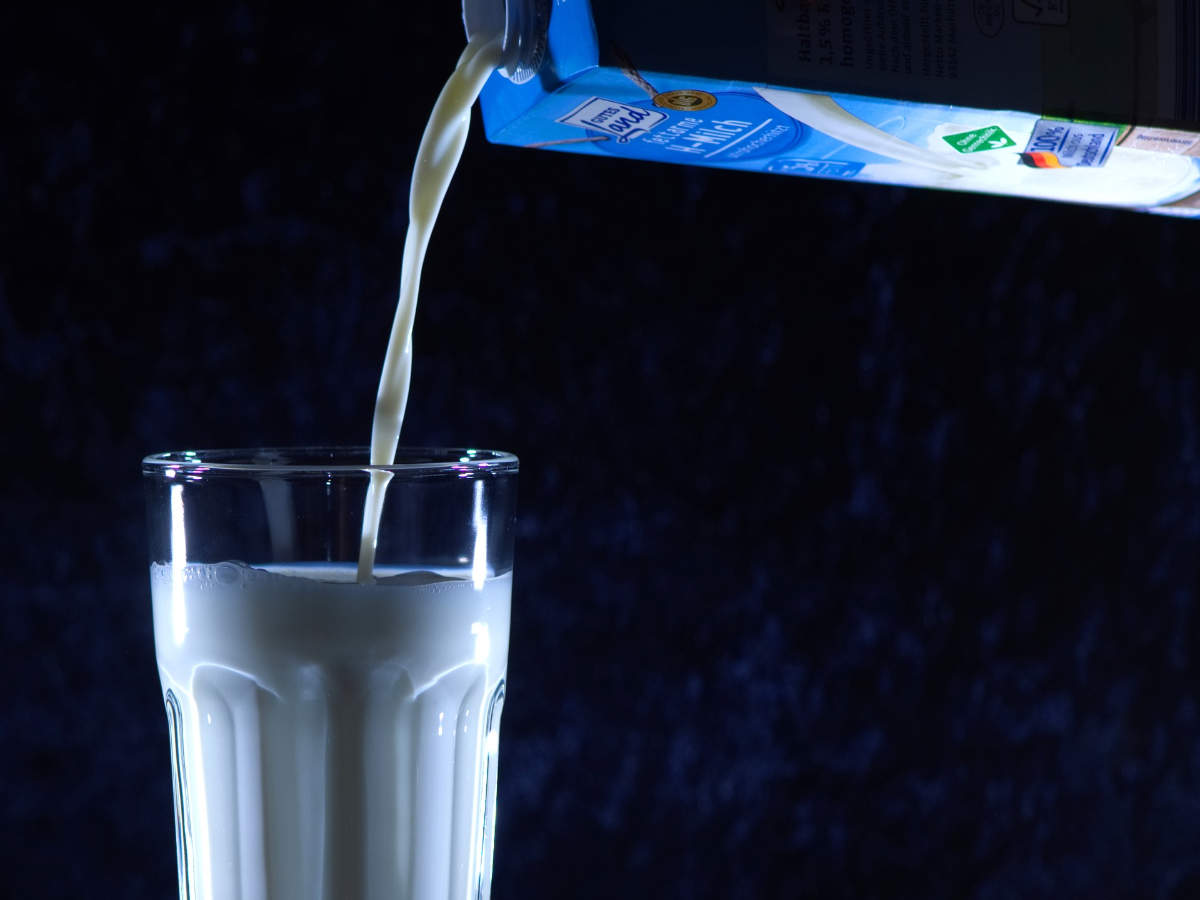
Food safety has become a major concern in today’s world, for a lot of staples such as fruits, vegetables, dal, and milk are being sold after a number of potentially harmful substances have been added to them. Food adulteration is one of the most rampant health hazards, and certain adulterants can cause some serious problems.
02/5Is your milk safe?
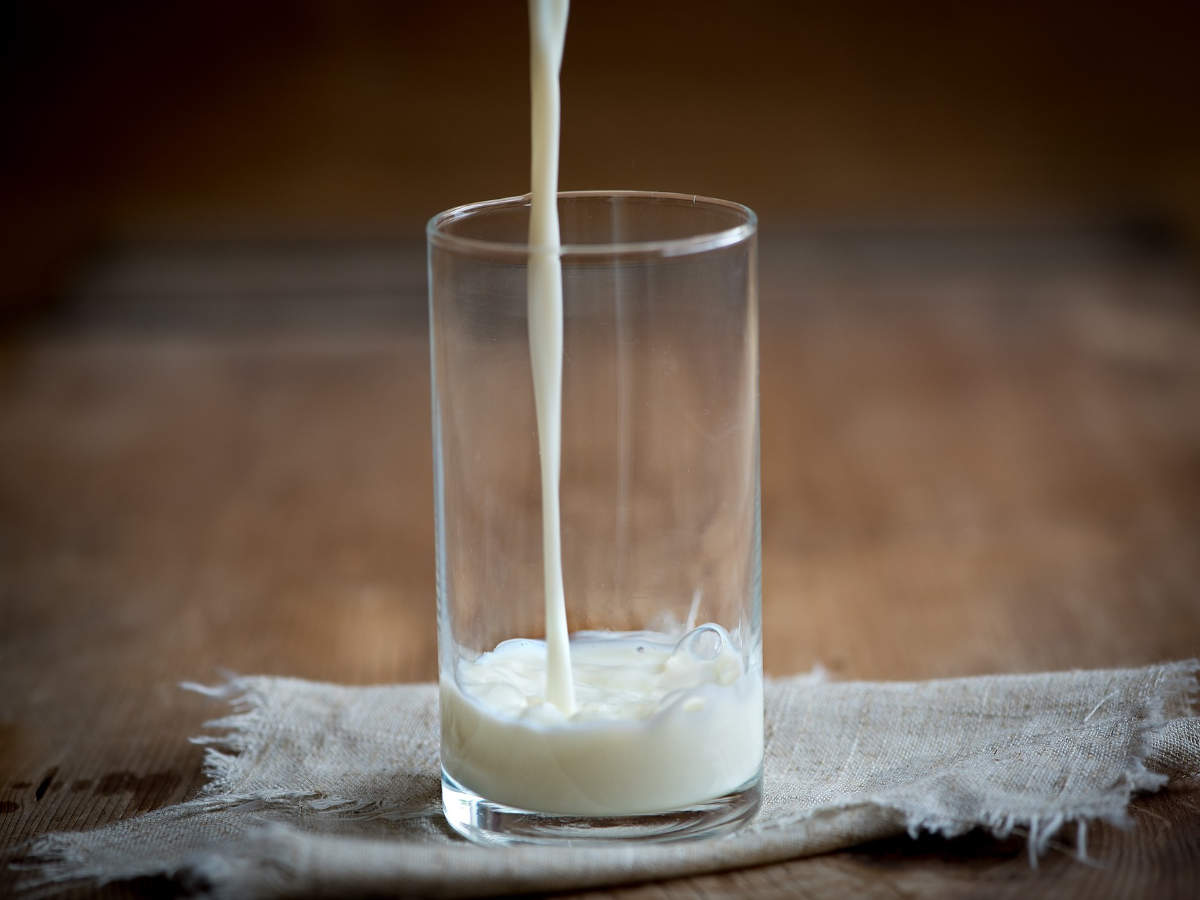
Milk is one of the most commonly adulterated foods. A number of substances like milk powder, water, and even detergent are added to milk to increase the quantity and enhance its shelf life. However, these aren’t even the most harmful things you can find in milk. Chemical contaminants like aflatoxin-M1, pesticides, and antibiotics are the real threat to health.
03/5The FSSAI study
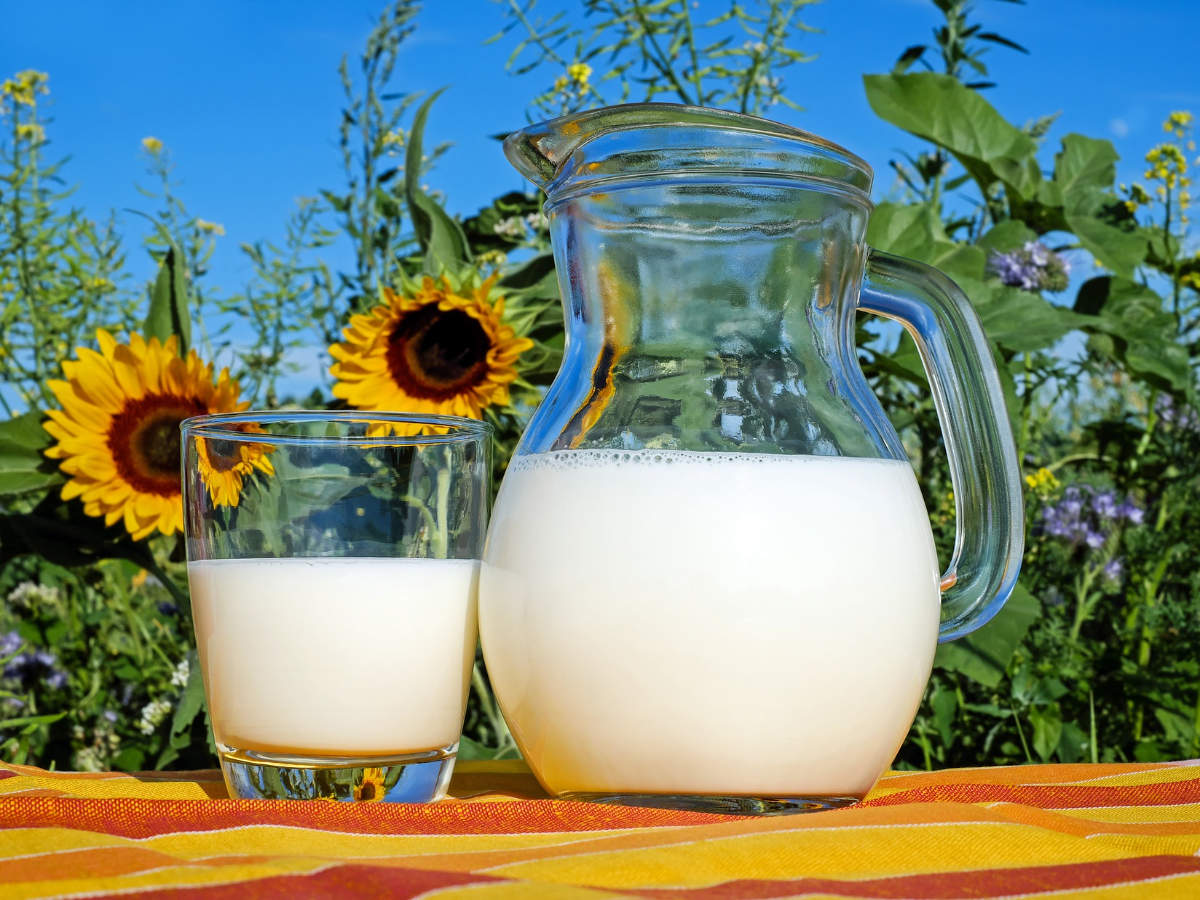
A comprehensive study that covered both organized and non-organized retailers was conducted by the Food Safety and Standards Authority of India (FSSAI) from May 2018 to October 2018. It examined 6432 milk samples from 1103 cities across the country, and although it was found that 97% of the samples were safe to consume, it was also found that around 7% of the samples were hazardous due to the presence of chemicals. Out of the 456 samples that failed quality tests, only 12 were found to have been deliberately adulterated.
04/5The main concern
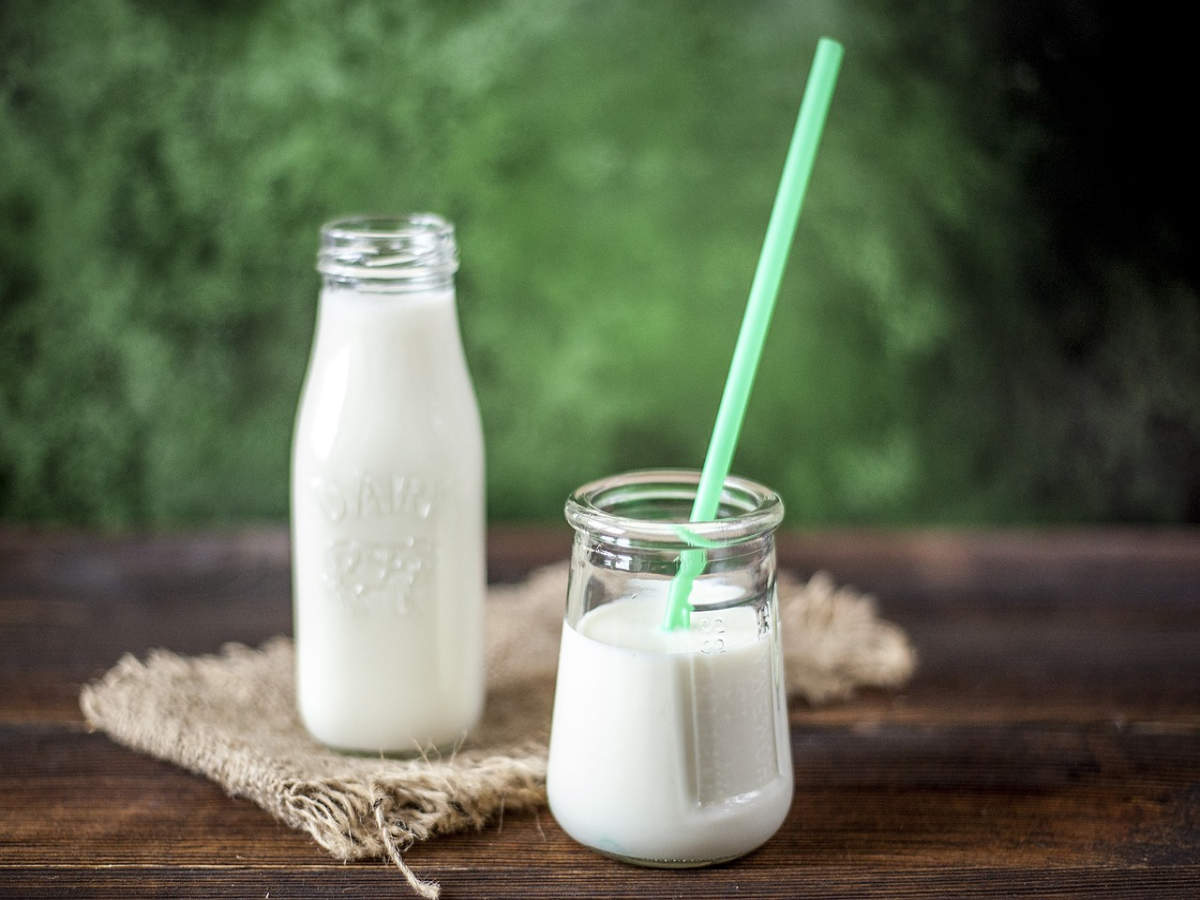
41% of the samples, though safe to consume, fell short of one parameter or another. The study showed that by and large, milk is safe to consume, and the common perception of daily use milk being largely adulterated is wrong. The most grave concern is the presence of the chemical aflatoxin-M1, which according to a World Health Organization (WHO) study can cause jaundice, acute liver failure, nausea, stunting in children, and can even lead to death.
05/5The aftermath of the study
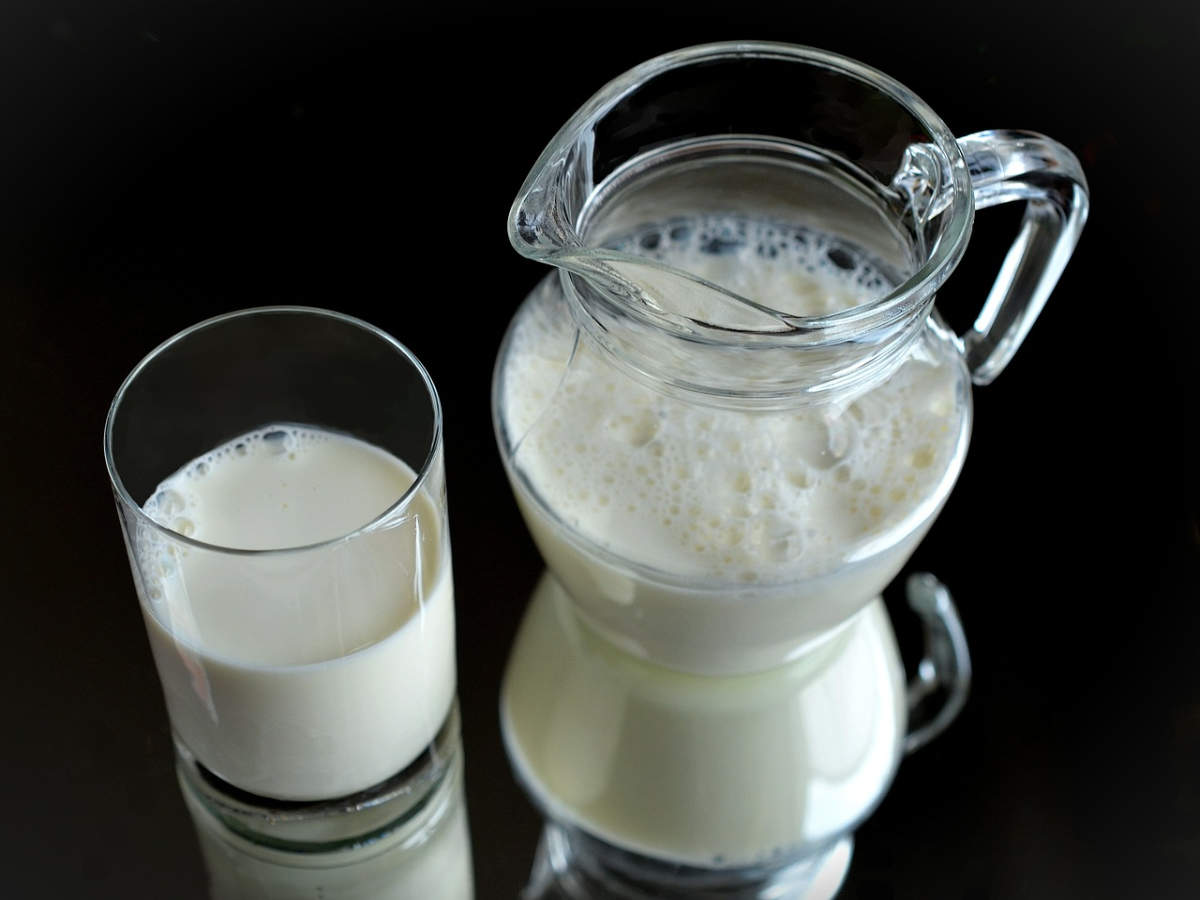
India is the world’s largest milk producer, and it is paramount to ensure that milk, which is an irreplaceable ingredient of our diet is safe to consume. To address the issue of the presence of harmful contaminants like aflatoxin-M1, the FSSAI will be introducing a scheme for testing and sampling organized dairy. The scheme will be implemented from 1st January, 2020.
Life-threatening toxin found in milk: Food safety survey
Aflatoxin M1 can be life threatening and can cause liver cancer, if taken in large doses. 41 per cent milk is of low quality
The Food Safety and Standards Authority of India (FSSAI) found traces of Aflatoxin M1 in some of milk samples it tested, as per a FSSAI report released on October 18. As many as 368 out of 6,432 samples (5.7 per cent) contained Aflatoxin M1 (a cancer-causing toxin) residues beyond the permissible limit, the report said. The report added that about 41 per cent of the milk samples, though safe, fell short on one or another quality standard.
Prime Minister Narendra Modi had said that safe wholesome and hygienic food will create ‘Swachh Bharat’, a campaign celebrated by the government with pomp and show. The presence of Aflatoxin M1 in milk gives a different picture though. “For the first time in India’s history, Aflatoxin M1 in milk has been assessed,” the report claimed.
The sample collected 2835 samples of raw milk and 2607 of processed milk. The toxin was found to be dominant in the latter than the former. Aflatoxin M1 can be life threatening and can cause liver cancer, if taken in large doses. FSSAI allows up to 0.5 µg/kg Aflatoxin M1 in milk. As many as 88 samples out of 551 in Tamil Nadu, 38 out of 262 in Delhi, 37 out of 187 in Kerala contained the toxin beyond permissible limits.
It also said that processed milk samples were found to have maltodextrin and sugar. These are not unsafe but are added to raise the level of fat and Sugar Not Fat (SNF) of milk. "This is not acceptable," read the report, quoting Pawan Aggarwal, the FSSAI CEO.
Both raw and processed milk samples have failed on account of low fat. "Such non-compliance in raw milk could be either be due to quality of feed and rearing practices or due to dilution of milk with water," the report read, adding that this non-compliance in standardised and processed milk is surprising.
"A total of 1024 raw milk samples were found with added water," the report read.
According to the 2011 Census report, per capita consumption of milk in India is 96 gram a day. On the Global Hunger Index (GHI) in 2000, India was ranked 83 out of 113 countries. Now, with 117 countries in the fray, the country has dropped to the 102th rank.
The report was released just two days after World Food Day, i.e. October 16.
Subscribe to:
Comments (Atom)






